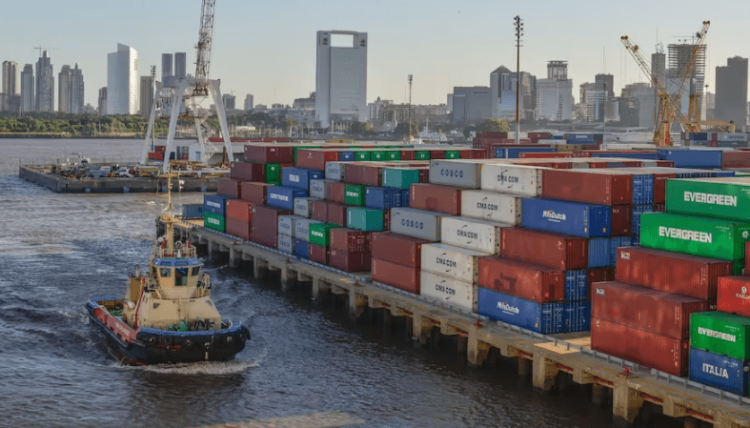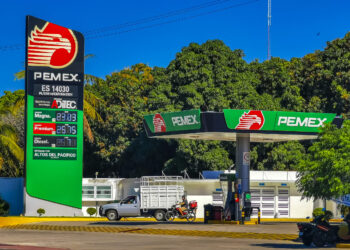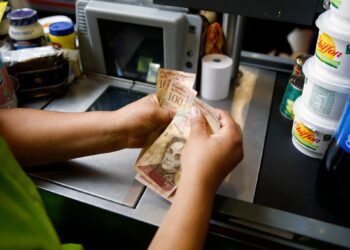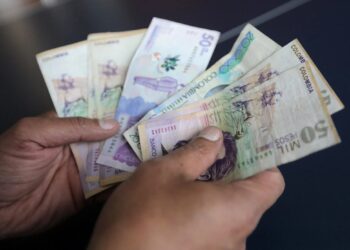Argentina’s trade balance for September is expected to show a surplus for the tenth consecutive month, further boosting the country’s foreign currency reserves, according to a Reuters poll conducted on Wednesday. The surplus, forecasted to be around $1.28 billion for the month, would bring the total net surplus to approximately $16.5 billion since libertarian President Javier Milei took office in December.
Milei’s presidency has been marked by efforts to stabilize an economy grappling with triple-digit inflation, a prolonged recession, and critically low foreign reserves. His administration’s economic reforms, coupled with a recovery in key export sectors, have contributed to the series of trade surpluses—an improvement from the trade deficits that plagued much of the previous year.
Analysts attribute much of the improvement to Argentina’s strong export performance, particularly in agriculture, mining, and energy. Milagros Suardi, an economist at consulting firm Eco Go, pointed to gains in the farming sector, which has historically played a pivotal role in Argentina’s export economy. The country is one of the world’s leading producers of soy and corn, and it also holds significant reserves of shale oil, gas, and lithium, a critical component for battery production.
Energy production has also been a bright spot for Argentina. Pablo Besmedrisnik, an economist at VDC consultancy, noted that domestic energy production has helped reverse years of energy deficits. “The energy sector will end 2024 with a positive result (surplus) of around $4.2-5 billion, mainly due to higher local production of hydrocarbons and the lower level of activity that demands less energy,” Besmedrisnik explained.
As Argentina looks to bolster its foreign currency reserves, the country’s positive trade balance under Milei’s leadership continues to be a crucial factor. Official data from Argentina’s INDEC statistics agency, set to be released on Friday, is expected to confirm the sustained trade surplus, reflecting the success of the country’s export-driven sectors in navigating ongoing economic challenges.















